
Image CC-BY-NC Laura Molloy @LM_HATII from the art intervention series ‘Humans of Data’ https://codata.org/blog/category/humans-of-data/
Mark Parsons joins CODATA as Editor-in-Chief, Data Science Journal
I am honored and excited to take on the role of Editor in Chief for the Data Science Journal.
I have had a bit of history with DSJ. One of my earliest peer-reviewed papers was published with Ruth Duerr in DSJ (Parsons and Duerr 2005). I vividly remember hurrying to make revisions in Costa Rica before heading offline for several weeks. I’d still like to meet one of the reviewers (perhaps I have) who made really helpful comments on how to organize and present the paper to get my points across in a more rigorous and impactful way. I was a data practitioner, not a researcher, and was largely unschooled in formal scientific writing. The guidance was most valuable, and the paper still gets cited now and again.
Years later, I and Peter Fox published what was one one of my most controversial and influential papers (Parsons and Fox 2013). This time, DSJ allowed me to publish after an unconventional public review process involving reams of open review comments from more than two-dozen people.
In short, DSJ has been a catalyst for my career. So I am eager to help foster the journal’s growth and influence and maybe help a few more data scientists along their way.
I am especially interested in helping DSJ build its niche as an influential journal of the ‘science of data’ in the sense that CODATA described it decades ago. We need more fora that encourage dialog across research and practice to understand all the issues around the socio-technical work necessary for data to be findable, accessible, interoperable, reusable, ethical, secure, etc.
I have been a member of the DSJ editorial board since the journal moved to Ubiquity Press, and I have been impressed at how Sarah Callaghan and other editors have worked to increase the journal’s quality. I want to continue this momentum. I want to further bolster the review quality and also raise the possibility of open reviews. The nature of DSJ is that it often attracts submissions and requires reviews from practitioners who have much less of a mandate to publish than researchers. I believe practitioners should be encouraged to contribute (with research as well as practice papers), so we should do what we can to recognize and model excellent contributions in this area.
While improving the content of DSJ, we should also continue to modernize its presentation. We need to actively consider machine-readable papers and content negotiation for both the papers and the metadata. Much like at its founding, DSJ needs to advance the whole concept of scholarly communication.
Thanks to Sarah’s great work, DSJ has a bright future as submissions continue to increase in number and quality. DSJ was ahead of its time when it was founded in the 1990s. I am eager to explore how it can continue to push important conversations forward. I welcome all your ideas. Please tell me what you think. Better yet, tell the community through a submission to DSJ!

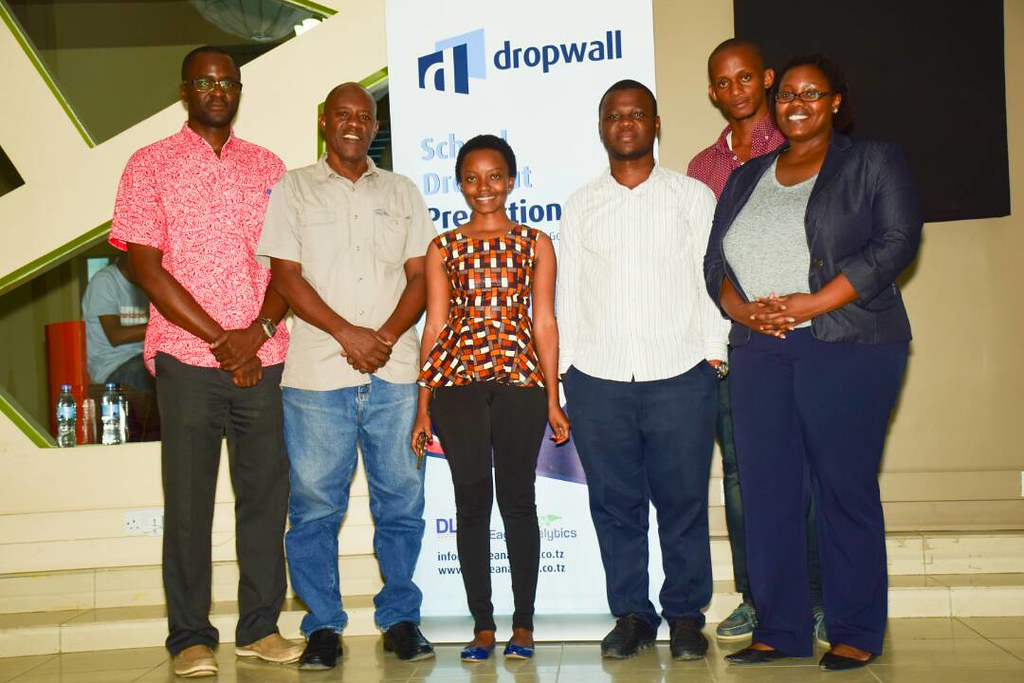
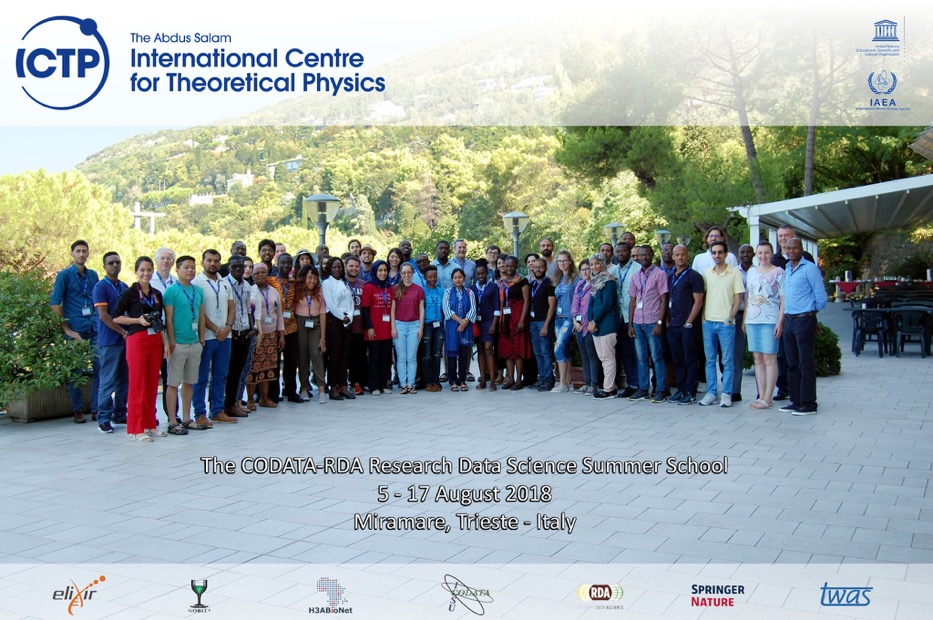

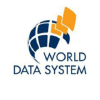

 Back in early 2015, I was approached at a coffee break at a conference, and invited to take on the role of Editor-in-Chief of the Data Science Journal. This was a little bit of a surprise, I will confess, as my previous academic journal experience had been as an associate editor, along with some projects working on data citation and data publishing. The opportunity was too good to resist, however, and with the support of my employer
Back in early 2015, I was approached at a coffee break at a conference, and invited to take on the role of Editor-in-Chief of the Data Science Journal. This was a little bit of a surprise, I will confess, as my previous academic journal experience had been as an associate editor, along with some projects working on data citation and data publishing. The opportunity was too good to resist, however, and with the support of my employer 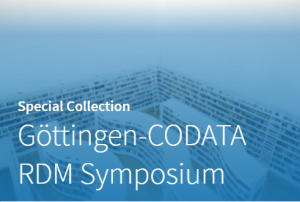
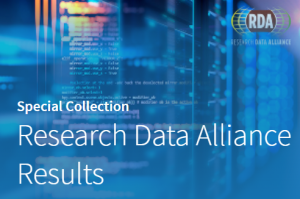
 collection of papers from SciDataCon 2016.
collection of papers from SciDataCon 2016.